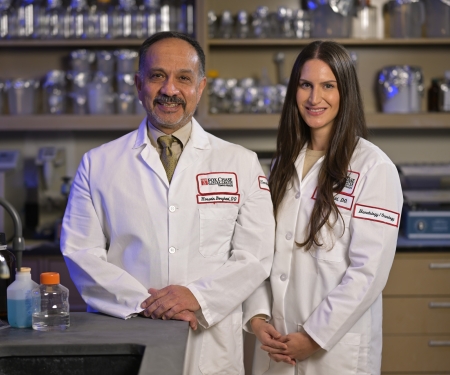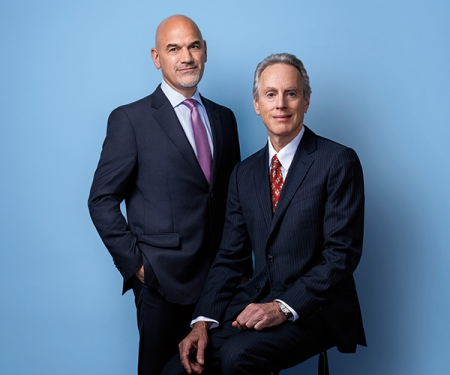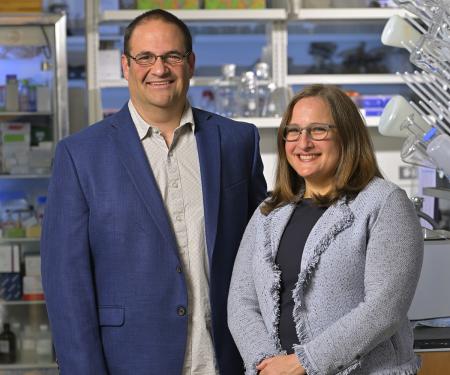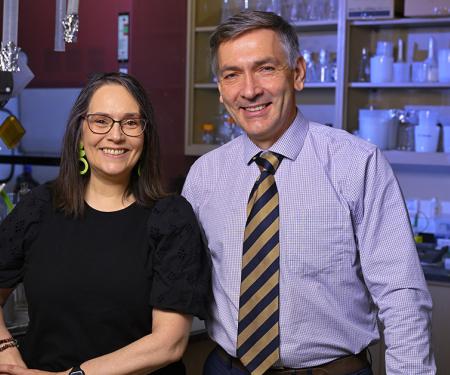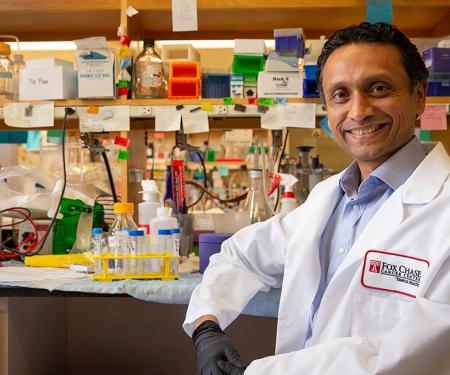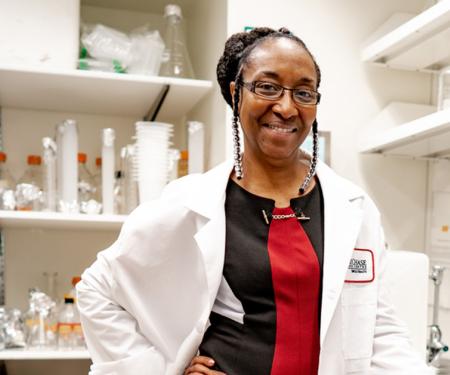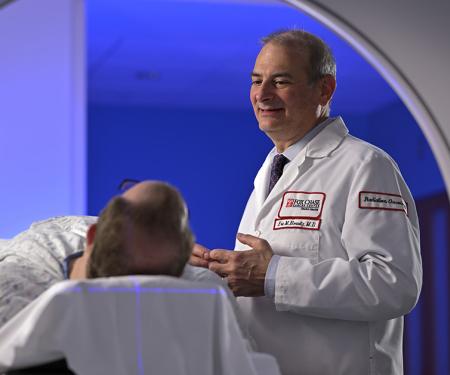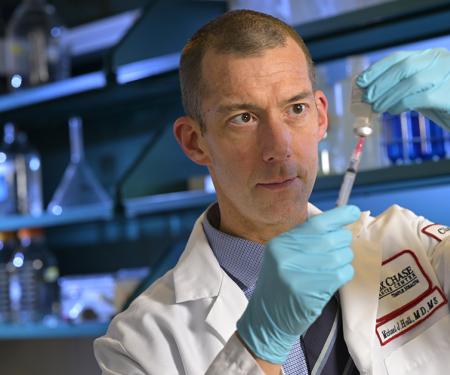Become Part of Tomorrow’s Cancer Care Today
As one of the four original cancer centers to receive comprehensive designation from the National Cancer Institute, Fox Chase Cancer Center has been at the forefront of cancer research for more than 100 years. With a singular focus on cancer, we combine discovery science with state-of-the-art clinical care and population health.
Interested in joining our world-class research team to advance the fight against cancer?

